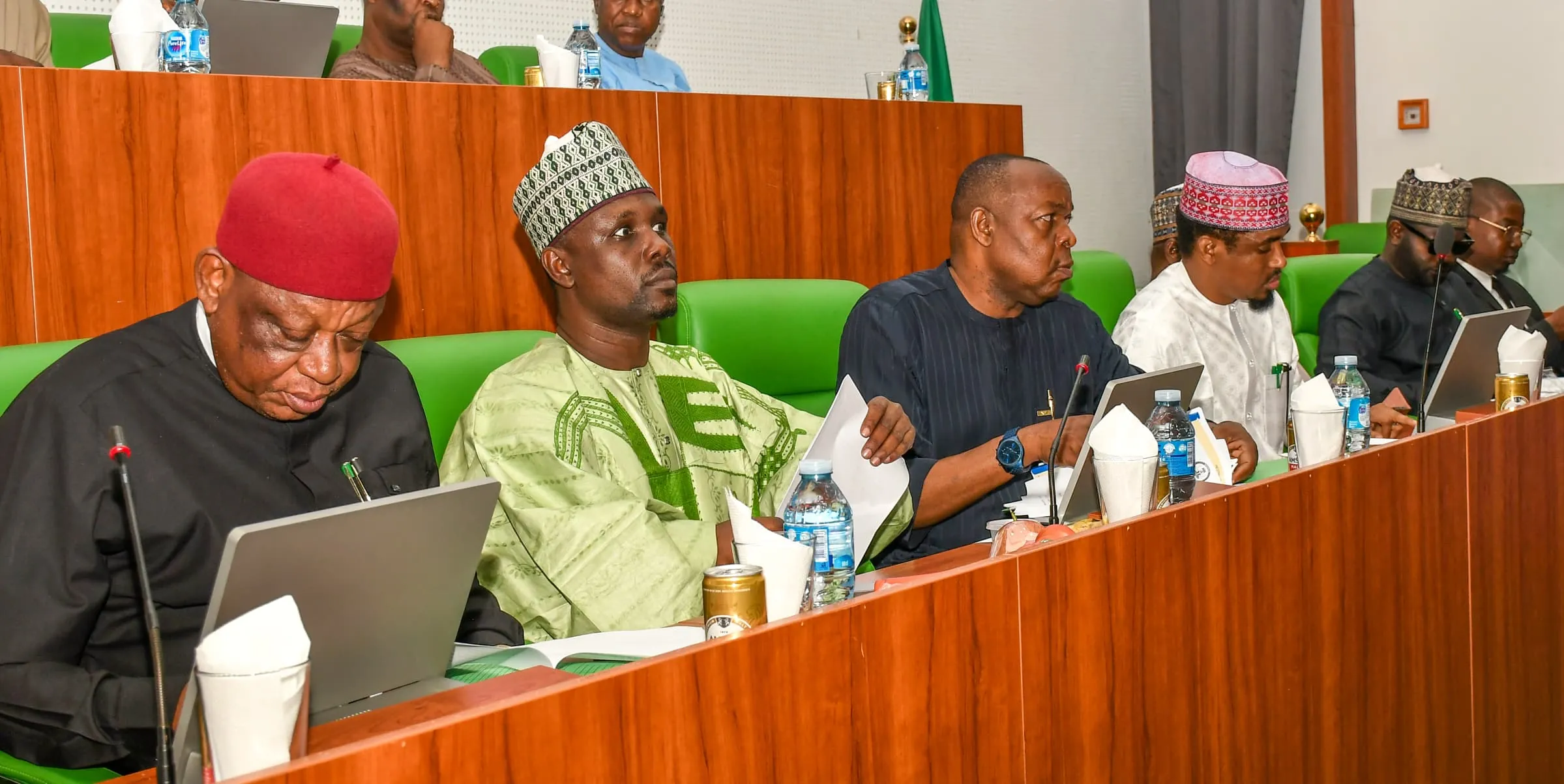By Kehinde Akintola
Copyright tribuneonlineng

…Unhappy over NBS’s report indicating ransom payment to kidnappers between May 2023 and April 2024
Speaker of the 10th House of Representatives, Hon. Abbas Tajudeen reiterated that the creation of state Police remains a viable option to tackle insecurity.
He added that the resolve of the National Assembly towards strengthening the nation’s security architecture and institutionalization of standards that will promote professionalism and accountability in the private intelligence and investigation sector.
Speaker Tajudeen gave the assurance while declaring open the public hearing organized by the House Committee on National Security and Intelligence, explained that the proposed bill seeks to develop a regulatory framework for overseeing private intelligence and investigation firms, ensuring that they operate ethically, responsibly, and within established professional standards.
In the bid to tackle myriad of security challenges facing the country, he averred that creating state police through a constitutional amendment remains a viable option that deserves serious consideration.
Speaker Tajudeen represented by Hon Muktar Shagaya noted that the proposed bill “aims to implement uniform practices that will raise service quality and promote best industry standards.
“The Bill also provides for continuous training and capacity development to enable professionals in this sector to respond effectively to emerging security challenges.
“Furthermore, it encourages stronger cooperation between private and public security institutions, ensuring that both sectors complement each other in advancing the overall safety and stability of our nation.
“Honourable Colleagues and distinguished guests, as l candidly remarked in my speech yesterday, Security reforms remain a top national priority, and the time has come for the debate on multi-level policing to move from theory to decisive legislative action.
“Creating state police through a constitutional amendment remains a viable option that deserves serious consideration.
“However, beyond constitutional reform, there is also an urgent need to strengthen community policing as provided in the Police Act, 2020, to make it more effective and responsive to the realities of local communities.”
In his remarks, Chairman, House Committee on National Security and Intelligence, Hon. Ahmed Satomi explained that the proposed legislation to establish a Private Intelligence and Investigation Council will mark a major step toward strengthening Nigeria’s national security architecture through the regulation and professionalization of private intelligence operations.
Hon. Satomi described the bill as a forward-looking initiative that seeks to ensure accountability, professionalism, and ethical conduct within the country’s growing private intelligence and investigation industry.
According to him, the proposed Council will serve as a regulatory body responsible for standardizing industry practices, providing accreditation and certification, and promoting continuous training and collaboration between the private and public security sectors.
“This marks a significant step towards strengthening our national security framework and ensuring the professionalism of private intelligence and investigation services,” Satomi said.
“The proposed bill seeks to establish a regulatory framework that ensures ethical conduct and accountability.
ALSO READ: Insecurity: Senate decries killings, seeks permanent military base in Kwara South
“If established, the Council will standardize practices, promote continuous training, and foster collaboration between private and public security sectors.”
He noted that the initiative comes at a time when Nigeria is confronted with a web of security challenges ranging from insurgency and banditry to cybercrime and kidnapping, stressing that innovative approaches are required to strengthen the country’s security frastructure.
Citing recent data, Hon. Satomi said the Nigerian Bureau of Statistics (NBS) reported over 51.89 million household crime incidents between May 2023 and April 2024, with kidnapping alone accounting for 2.23 million incidents and ₦2.23 trillion paid in ransoms during the same period.
“These figures, underscore the magnitude of the security threats confronting our nation and the need for all stakeholders, governmental and private, to work collaboratively. Security, as it is often said, is everyone’s business.”
The lawmaker emphasised that while the efforts of Nigeria’s security agencies are commendable, the evolving nature of threats demands additional layers of support, regulation, and intelligence coordination.
He said the bill aligns with the National Assembly’s legislative efforts to address security concerns through proactive, intelligence-driven reforms.
According to him, the benefits of the bill are extensive. Beyond establishing a council to accredit private intelligence and investigation services, it seeks to streamline compliance mechanisms, enforce ethical standards, and create partnerships between public and private security agencies for improved outcomes.
However, Hon. Satomi acknowledged that not all stakeholders fully agree on every provision of the proposed legislation.
He disclosed that while many of the submissions received by the Committee were supportive, some expressed concerns regarding possible overlaps with existing laws and the mandates of established security institutions.
“For instance, there is a concern that upholding Section 1(3)(a–f) of the Bill as it stands may dilute the exclusive statutory responsibility of an agency in matters of security clearance and internal vetting. Another concern referenced Section 4(i) of the Nigeria Police Act, 2020, warning that the bill may create duplication, legal disputes, and confusion over authority.”
He noted that these differences reveal deeper institutional issues within Nigeria’s security ecosystem, particularly the long-standing challenge of poor inter-agency collaboration and inefficient intelligence sharing.
“The obvious disparities in the stance adopted by various security agencies on oversight of intelligence matters once more bring to the fore the problem of non-collaboration in intelligence sharing and utilization,” Satomi observed.
“This issue has hampered efficient delivery of security services, and this Bill may present us an opportunity to address that important aspect of our national security governance structure.”
Hon. Satomi commended the Speaker of the House of Representatives, Rt. Hon. Tajudeen Abbas, and other members of the House for their support in prioritizing legislative measures that seek to modernize Nigeria’s security framework.
He therefore urged all participants and stakeholders at the hearing—including representatives of security agencies, civil society, and the media—to make meaningful contributions that would guide the Committee’s final report.
“We assure you that all contributions will be taken into consideration by this Committee.
“The discussions, observations, and submissions from this hearing will significantly shape the report that will be presented to the House for further legislative action.”
NIGERIAN TRIBUNE